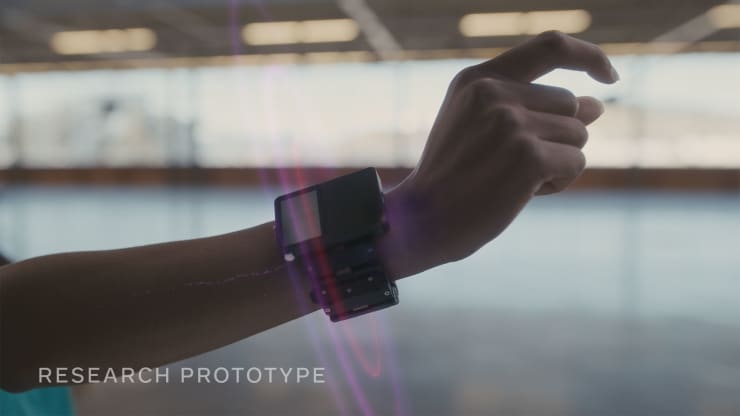1. One thing that helps
The eyes are the window to the soul. It’s a cliché but it turns out, the eyes can also reveal what’s true and what is deepfake. A team from the University of Buffalo created an algorithm that detects deepfakes with 94% accuracy. How does it do that? Well in the end it is surprisingly simple.
For those with vision in both eyes, the eyes reflect roughly the same light and images, since both of them are looking at the same thing. Deepfakes however, tend to not have consistent reflection in both eyes. Take a look:

In a world where deepfakes are becoming more prevalent this new development could be just what we need. Although the algorithm developers need to do two things:
- Ensure that people with vision issues don’t have their videos tagged as deepfake
- Stay ahead of those making deepfakes – they are bound to improve!
I’m putting the good guys ahead for now though!
2. One to be wary of
AI has dominated chess. AI won a jet fight. And now, AI is taking on human debaters. So should we be wary of IBM’s Project Debater?
Project Debater is IBM’s AI system that can go rebuttal-to-rebuttal with human debaters. It possesses the skills of a trained human debater and has managed to convince real humans. For example, take this segment from a debate it had about subsidising preschools:
First a bit of fun:
“Greetings, Harish. I have heard you hold the world record in debate competition wins against humans, but I suspect you’ve never debated a machine. Welcome to the future.”
It then sets its argument:
“…Regarding poverty: research clearly shows that a good preschool can help kids overcome disadvantages often associated with poverty. The OECD has recommended that governments subsidize pre-primary education to boost performance in poorer areas. A statistical summary of studies from 1960 and 2013…”
Those words sound natural and the AI uses online research to back up its claims and appear authoritative. Project Debater uses IBM’s Watson to search the internet so it can come up with rebuttals to its opponents.
It really is amazing to see it go this far. But where’s the wary part?
Think of the possibility of this AI being used to argue at scale, through social media channels, on divisive issues like race and politics. It could be used to bring large numbers of people over to a particular point of view. Whether it is more effective than the current methods for doing this I don’t know! So while it is impressive, I hope someone can program a moral compass for this potent AI system.
3. One to amaze

Facebook and Apple are developing their own smart glasses and it just might be the next big thing in the tech world. So now we ask: what could be the best way to interact with smart glasses? Facebook says it is a “mind-reading” wristband. And hey who doesn’t want Mr. Zuckerberg able to read our thoughts! Let’s focus on the amazing bit…
When we say mind-reading, we mean reading neurological signals sent from the brain down to the hands. All movement in our hands originates from the brain and heads down a highway of neurons that connect the brain to the wrists.
Facebook’s wristband will read these signals and replicate your intended action in augmented reality. It makes for a truly personalised computing experience controlled by gestures. And since it reads the signals that your brain sends, you don’t need hardware for input: you are the hardware.
This opens up a lot of possibilities. Controlling your virtual environment without touch. More immersive video games. Type anywhere without a keyboard. Haptic feedback to let you feel extended reality, and a whole bunch of things we can’t comprehend right now.
Brain-to-computer interfaces are coming along at a rapid rate now and they will be one of the major changes to shape the tech world over the next 5-20 years.